Angola, a resource-rich and rapidly developing country in Southern Africa, shares deep historical and cultural ties with Portugal. As a former Portuguese colony, Angola maintains Portuguese as its official language and fosters strong diplomatic and economic relations with Portugal. For many Portuguese citizens, relocating to Angola is not just about work or investment, it’s also about reconnecting with shared heritage, exploring opportunities, and experiencing a dynamic African culture.
This comprehensive guide outlines the entire process for Portuguese citizens to relocate to Angola, covering visa options, legal requirements, cultural integration, business environment, and much more.
Why Relocate to Angola?
1. Language and Cultural Affinity: Portuguese is the official language in Angola, making communication and integration much easier for Portuguese citizens. Cultural similarities also create a smoother transition.
2. Economic Opportunities: Angola is rich in natural resources, especially oil and diamonds. The country is investing heavily in infrastructure, agriculture, and diversification, opening doors for foreign professionals, investors, and entrepreneurs.
3. Growing Lusophone Community: Many Portuguese expatriates live in Angola, particularly in Luanda, forming a supportive and familiar community.
4. Reconnection with Heritage: For many Portuguese families with historical ties to Angola, relocating offers an opportunity to rediscover roots and cultural connections.
Types of Visas and Residency Options
Portuguese citizens require a visa to enter Angola, even for short visits. To live, work, or invest in Angola, a long-term visa or residence permit is necessary.
A. Short-Term Visas
Tourist Visa:
- Valid for up to 30 days (extendable once for another 30 days).
- Non-renewable for residency purposes.
- Requires proof of accommodation, return ticket, and sufficient funds.
B. Long-Term Visas
- Work Visa (Visto de Trabalho)
- For professionals hired by Angolan companies or foreign firms based in Angola.
- Must be arranged prior to arrival.
- Investment Visa (Visto de Investidor)
- For those investing a minimum of USD 250,000 in Angolan businesses or sectors.
- Allows residency and long-term business activity.
- Residence Visa (Visto de Residência Temporária)
- For family reunification, retirees, or independent residents.
- Valid for 1 year, renewable.
- Privileged Visa (Visto Privilegiado)
- For highly skilled professionals and investors deemed valuable to Angola’s development.
Application Process for Residency
Step-by-Step Guide:
Step 1: Secure a Sponsor or Investment
- Work Visa: Secure an employment contract from a registered Angolan company.
- Investment Visa: Prepare investment documentation and project plan.
- Residence Visa: Secure housing and proof of sufficient funds or family sponsorship.
Step 2: Submit Application to the Angolan Embassy in Lisbon
Required Documents:
- Valid Portuguese passport (6+ months validity)
- Completed visa application form
- Passport-size photos (3–4)
- Criminal background check (from Portugal, translated)
- Medical certificate
- Proof of accommodation in Angola
- Employment/investment/family documents depending on visa type
- Bank statements or pension documents (if self-funding)
Fees: Vary by visa type (typically €200–€500)
Processing Time: 1–3 months
Step 3: Entry and Residence Permit in Angola
- Upon arrival, register with the Serviço de Migração e Estrangeiros (SME).
- Receive a temporary residence card (Cartão de Residência).
- Must renew annually.
Housing and Real Estate
- Expats typically reside in areas like Talatona, Miramar, and Alvalade.
- Short-term rentals and serviced apartments are available but expensive.
- Buying property is possible but involves navigating complex laws; legal advice is recommended.
Healthcare System
- Angola’s public healthcare system is underdeveloped.
- Use private hospitals like Clínica Sagrada Esperança or MediClinic Luanda.
- Comprehensive international health insurance is a must.
Banking and Finances
- Major banks: Banco de Fomento Angola (BFA), Banco BIC, Banco Millenium Atlântico
- Open a bank account with your residence card, passport, and proof of address
- Currency: Angolan Kwanza (AOA)
- Forex regulations apply—repatriation of profits must follow legal channels
Driving and Transportation
- You can drive with an International Driving Permit (IDP) for up to 6 months
- Afterward, a local license is required
- Traffic in Luanda can be congested; hiring a driver is common
- Roads outside major cities are often in poor condition
Education (For Families)
Popular international schools:
- Luanda International School
- Portuguese School of Luanda (Escola Portuguesa de Luanda)
- Complexo Escolar Privado Internacional (CEPI)
- Most schools follow either Portuguese or IB curricula
Business Opportunities and Registration
Key Sectors:
- Oil and gas services
- Infrastructure and construction
- Agriculture and food processing
- Education and training
- Tourism and hospitality
Starting a Business:
- Register with the Guiché Único da Empresa (GUE)
- Obtain Taxpayer Identification Number (NIF)
- Apply for a business license (Alvará)
- Open a corporate bank account
- Comply with employment and labor regulations
Social and Cultural Integration
- Angola is warm and welcoming, especially to Portuguese nationals
- Learn about Angolan Portuguese expressions and customs
- Join expat and business associations such as the Câmara de Comércio e Indústria Portugal-Angola
- Embrace local music (Kizomba, Kuduro), cuisine (funge, calulu), and traditions
Safety and Security
- Urban areas are relatively safe but watch for petty theft
- Political protests are rare but avoid large gatherings
- Some areas in the interior require caution; always check government advisories
For Portuguese citizens, Angola offers a unique mix of familiarity and adventure. The shared language, vibrant economic opportunities, and strong bilateral ties make Angola a top relocation destination in Africa for those from Portugal. With careful planning, legal compliance, and cultural sensitivity, moving to Angola can be a rewarding and transformative experience.


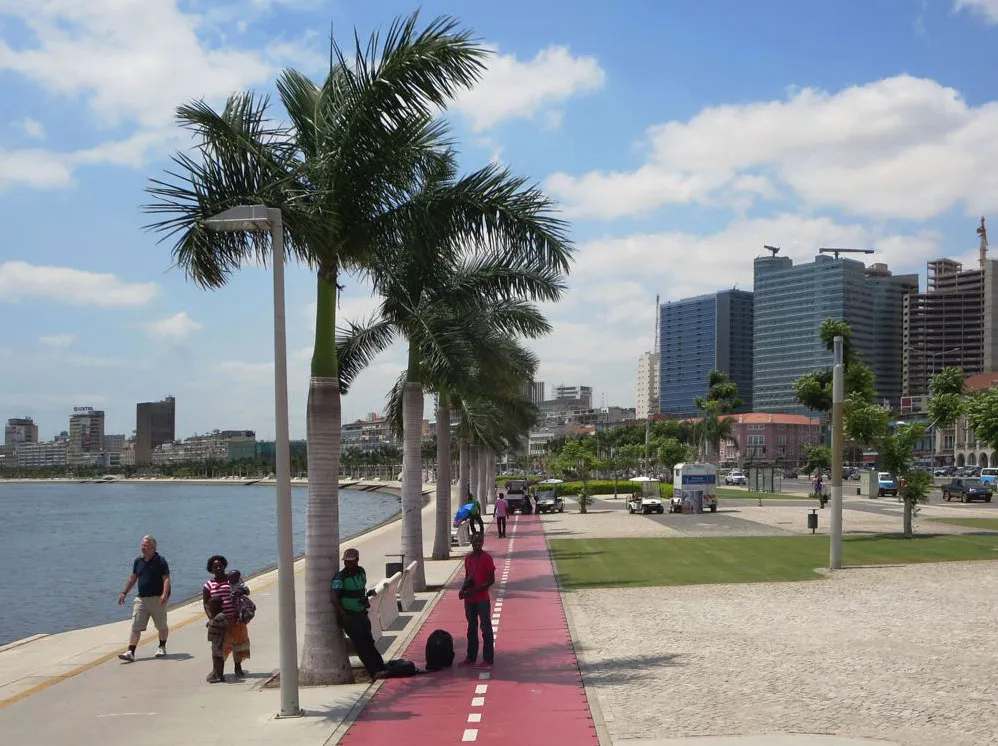
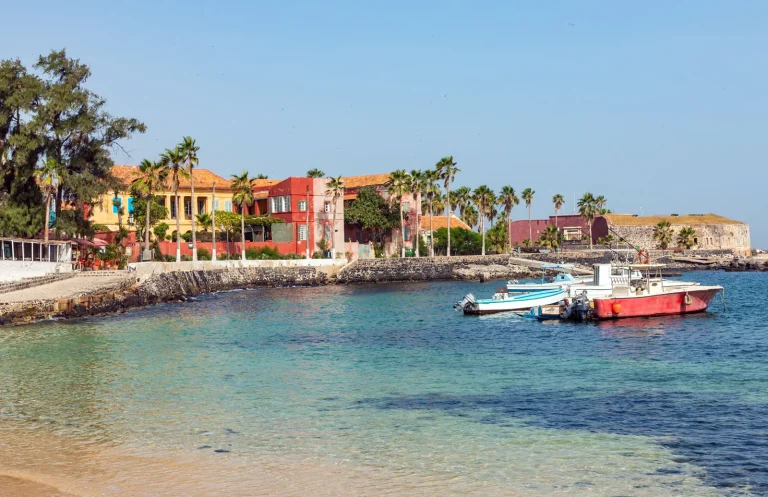
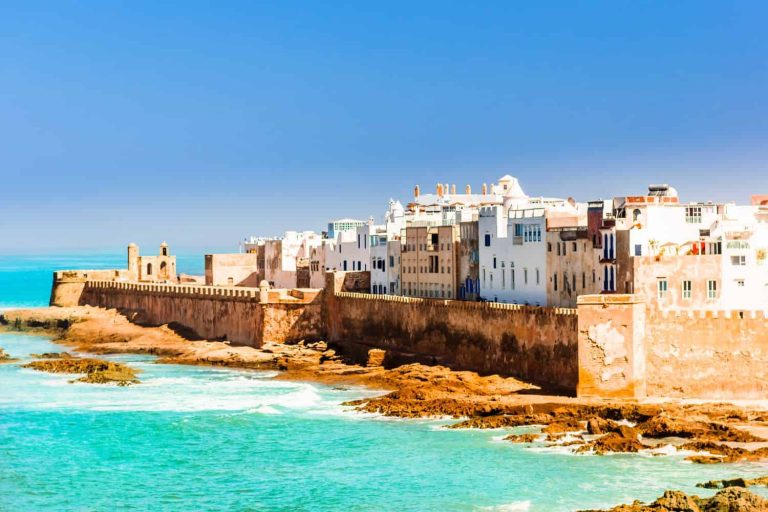
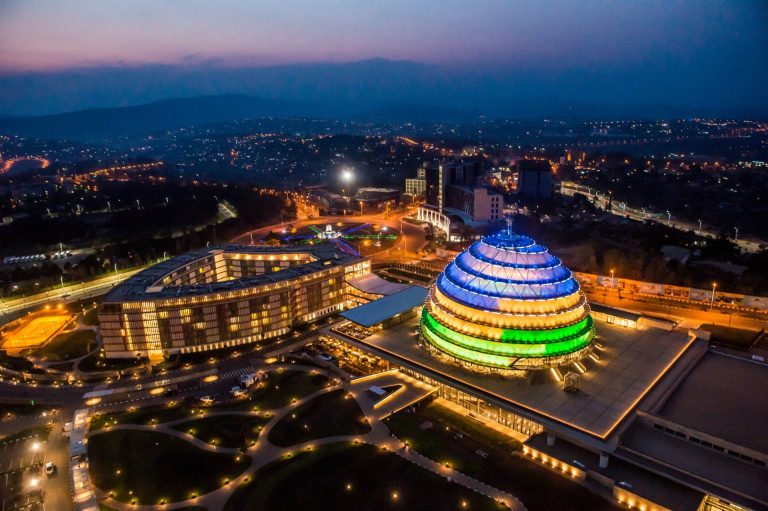
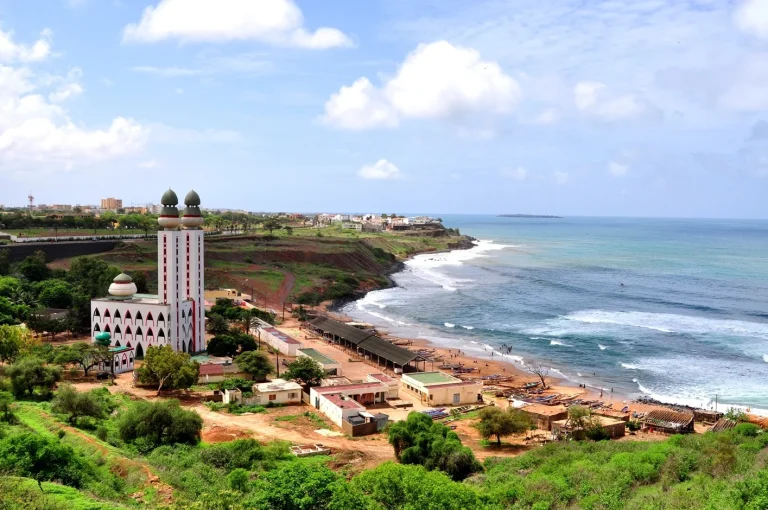
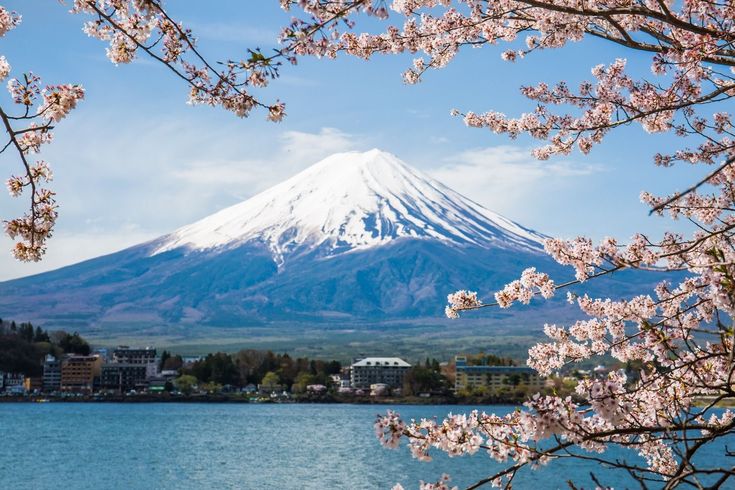
Leave a Comment